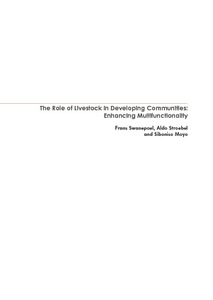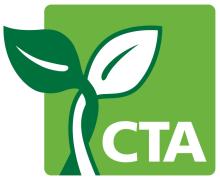Resource information
This book is the product of a Satellite Symposium on the Role of Livestock in Developing Communities: Enhancing Multifunctionality, held as part of the 10th World Conference on Animal Production (WCAP) in Cape Town, 22 – 28 November 2008. The Symposium, jointly organised by the University of the Free State (UFS) and the International Livestock Research Institute (ILRI) aimed to stimulate critical thinking on the role of livestock in livelihood strategies for the poor in the developing world as a contribution to address the Millennium Development Goals (MDGs). The livestock sector in developing countries contributes more than 33% to agricultural Gross Domestic Product (GDP), and is one of the fastest growing agricultural subsectors. The livestock sector has been experiencing what has been coined the “Livestock Revolution”. Population growth, urbanisation, and most importantly, increasing income have resulted in a rapid increase in demand for livestock products, which is likely to continue well into the future. This growth of the livestock sector presents both enormous opportunities and challenges. This book therefore comes at an opportune time for both policy makers and practitioners in developing countries, and the international community. Livestock is a major contributor to food and nutritional security, and serves as an important source of livelihood for nearly 1 billion poor people in developing countries. Its importance in attaining the MDGs should therefore not be underestimated. The book aims to provide critical information and knowledge on the importance of livestock in the global effort to alleviate poverty and promote human health. It describes and evaluates case studies, examines theoretical frameworks, and discusses key global policy development issues, challenges and constraints related to smallholder livestock-production systems around the globe. The book is written for academic professionals, industry experts, government officials and other scholars interested in the facts and issues concerning the contribution of livestock to the social and economic progress of developing countries.



